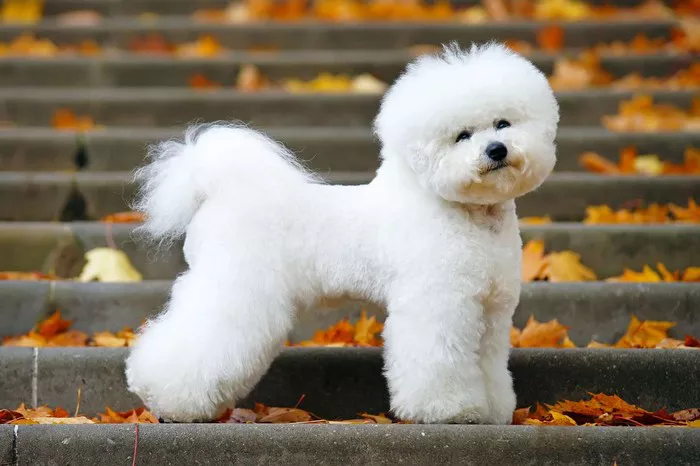Bichon Frises are beloved for their playful personalities, affectionate nature, and teddy bear-like appearance. But behind their cheerful demeanor lies a sensitive temperament that makes them prone to emotional struggles, including depression. Like humans, dogs can experience mental health challenges influenced by genetics, environment, and life changes. This article explores whether Bichons can get depressed, their unique risk factors, common symptoms, and actionable solutions to support their well-being.
Why Bichon Frises Are Prone to Depression
Bichons thrive on companionship and social interaction. Their strong attachment to family members means they struggle with loneliness or neglect. According to veterinary experts, Bichons are among the breeds most susceptible to depression, alongside German Shepherds, Labrador Retrievers, and Cocker Spaniels. Their sensitivity to routine disruptions and separation anxiety makes them particularly vulnerable.
Key Risk Factors
Separation Anxiety: Bichons form intense bonds with their owners. Extended periods alone can trigger anxiety, leading to depression.
Environmental Changes: Moving homes, the loss of a family member (human or pet), or sudden lifestyle shifts can unsettle them.
Health Issues: Chronic pain, illnesses like diabetes, or undiagnosed medical conditions may manifest as depressive behavior.
Lack of Stimulation: Boredom from insufficient exercise, mental engagement, or socialization can dull their spirits.
Recognizing Depression in Bichon Frises
Common Symptoms
Lethargy: A once-energetic Bichon may sleep excessively or show little interest in play.
Appetite Changes: Reduced or increased food intake, even for favorite treats.
Withdrawal: Avoiding interaction, hiding, or ignoring commands.
Destructive Behavior: Chewing furniture, excessive barking, or house soiling—signs of anxiety or frustration.
Aggression: Unprovoked snapping or growling, often linked to fear or discomfort.
Excessive Grooming: Over-licking or scratching, leading to skin issues.
Sleep Disturbances: Insomnia or restless sleep.
When to Seek Help
The Impact of Untreated Depression
Ignoring a Bichon’s depression can lead to long-term consequences:
Worsening Health: Poor appetite and inactivity weaken the immune system.
Strained Relationships: Behavioral changes may strain the bond between dog and owner.
Escalated Anxiety: Chronic stress can trigger phobias or compulsive behaviors.
Treating Depression in Bichon Frises
Addressing depression requires a combination of lifestyle adjustments and, in severe cases, professional intervention.
At-Home Strategies
Increase Social Interaction: Schedule regular playtime, walks, and visits to dog parks to combat loneliness.
Establish Routine: Predictable feeding, exercise, and cuddle times provide stability.
Mental Stimulation: Puzzle toys, obedience training, or scent games engage their minds.
Comfort Environment: Create a safe space with cozy bedding and familiar items.
Professional Support
Veterinary Consultation: A vet may prescribe antidepressants or recommend dietary supplements.
Behavioral Therapy: A certified dog trainer can help manage anxiety and rebuild confidence.
Preventing Depression in Bichon Frises
Prevention is key to maintaining your Bichon’s mental health:
Early Socialization: Expose puppies to diverse environments, people, and animals.
Avoid Overprotection: Encourage independence through crate training and short alone time.
Regular Checkups: Monitor for health issues that may contribute to depression.
Conclusion
Bichon Frises are sensitive, loving companions who thrive on connection. While they can experience depression, proactive care—including attention, exercise, and veterinary support—can help them bounce back. Recognizing the signs and intervening early ensures your furry friend leads a happy, healthy life. Remember, a depressed Bichon isn’t “misbehaving”—they’re signaling a need for help. With patience and compassion, you can help them regain their spark.
Related Topics:
HOW MUCH TO FEED A BICHON FRISE?
HOW MUCH FOOD SHOULD A BICHON FRISE EAT A DAY?
WHAT SHOULD I FEED MY BICHON FRISE


